The thought is almost fanciful: Two of history’s most famous scientists living right down the street from each other. But it happened, and the lives of J. Robert Oppenheimer and Albert Einstein intersected more than one might think. For approximately eight years, Oppenheimer and Einstein were Princeton neighbors, and a lakeside meeting there between the two men features prominently in Christopher Nolan’s “Oppenheimer.”
Toward the end of the first act, Oppenheimer approaches Einstein at a pond, and the two exchange an unheard conversation. Only in the film’s final scene do we discover what was said.
Firstly, it’s essential to understand why their mysterious conversation plays such a pivotal role in the story.
Rather than ending with the bombings of Hiroshima and Nagasaki, the film’s final act is predominately focused on Oppenheimer’s security hearings. It had been set in motion by Lewis Strauss (Downey Jr.) in an attempt to have the physicist’s clearance revoked.
In the film’s closing moments, we learn that Oppenheimer and Einstein had not been discussing Strauss but were exchanging information about the bomb’s impact on the world.
In the final scene of the film “Oppenheimer,” J. Robert Oppenheimer says to Albert Einstein:
“When I came to you with those calculations, we thought we might start a chain reaction that would destroy the entire world.”
Einstein responds, “What of it?”
Oppenheimer’s response is the final line of the film. “I believe we did,” he says before we’re shown a sequence depicting the world being destroyed by modern nuclear weapons.
What he means by this is that while his work has not directly led to the destruction of the planet, the mere creation of the bomb had set in motion a chain of events that would ultimately lead to a nuclear holocaust. At that moment, he realizes he has “become Death, the destroyer of worlds.”
This line references a quote from the Bhagavad Gita, a Hindu scripture. In the Gita, the god Krishna tells Arjuna that he must fight in a war, even though it will lead to the deaths of many people. Krishna says, “I become death, the destroyer of worlds.”
Oppenheimer’s use of this quote suggests that he believes that the creation of the atomic bomb has made him a destroyer of the world. He is haunted by the knowledge that the bomb could be used to kill millions of people, and he feels a great responsibility for the consequences of his work.
The exchange with Einstein reflects Oppenheimer’s growing guilt and responsibility for developing the atomic bomb. He had initially been motivated by a desire to use the bomb to prevent the Nazis from developing it first, but he now realizes that the bomb has the potential to destroy the world.
The quote “What of it?” is also significant. It is a question that Einstein may have been asking himself, as well as a question that Oppenheimer is asking the world. What does it mean to have created a weapon of such destructive power? What are the implications for humanity?
The film “Oppenheimer” does not provide any easy answers to these questions. However, it does raise important questions about the ethics of scientific research and the responsibility of scientists for the consequences of their work.
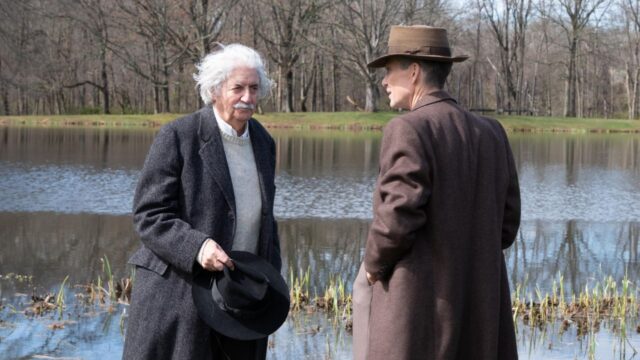
The Moral Dilemma
The conversation between Oppenheimer and Einstein raises several moral questions about the development of nuclear weapons.
The final scene of “Oppenheimer” is a powerful and haunting one. It raises important moral questions about the development of nuclear weapons and reminds us of scientists’ responsibility to use their knowledge for good. Oppenheimer’s story is a tragic one, but it is also a cautionary tale. It shows us the dangers of science without ethics and reminds us of the importance of peace.
Were Einstein and Oppenheimer Friends in Real Life?
Einstein and Oppenheimer met for the first time in 1932 during the former’s visit to the California Institute of Technology (Caltech). Their first meeting started many conversations about physics and science in general. Later, they became colleagues at the Institute for Advanced Study.
Their lives as two influential scientists were interconnected, but they were never particularly close friends. Oppenheimer described them as “close colleagues” and “something of friends.” As far as Einstein is concerned, the scientist never considered Oppenheimer as a close friend, possibly because their “scientific opinions are fairly diametrically different,” according to Kai Bird and Martin J. Sherwin’s ‘American Prometheus,’ the source text of Nolan’s film.
Oppenheimer and Einstein walked on different paths because they approached politicians and authority figures differently. Oppenheimer “seemed to relish his fame and the opportunity to mix with the powerful, Einstein was always uncomfortable with adulation,” wrote Bird and Sherwin.
About Oppenheimer
Oppenheimer is a movie written and directed by Christopher Nolan. It’s based on the Pulitzer-winning book ‘American Prometheus: The Triumph and Tragedy of J. Robert Oppenheimer’ by the late Martin J. Sherwin and Kai Bird. The movie is produced by Nolan, his wife Emma Thomas and Atlas Entertainment’s Charles Roven.
J. Robert Oppenheimer was a theoretical physicist who is now considered the Father of the Atomic Bomb. He was responsible for the research and development of the first nuclear bombs, later called the Manhattan Project.
The biographical movie by Nolan sees Peaky Blinders’ star Cillian Murphy essaying the lead role of J. Robert Oppenheimer. The movie released in theaters on July 21, 2023.
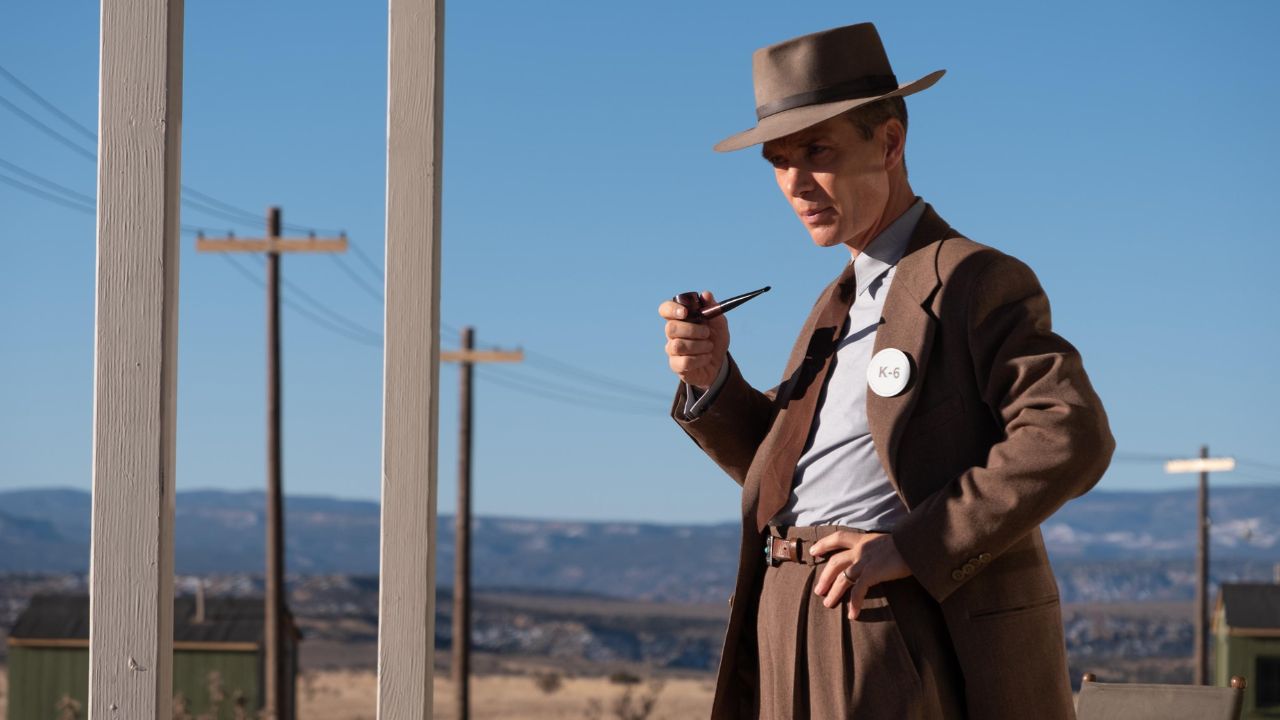
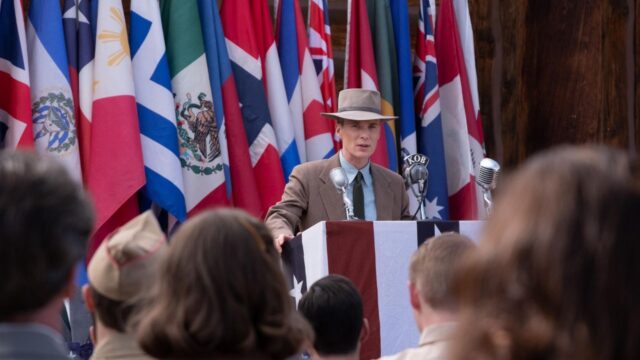
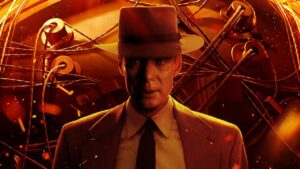
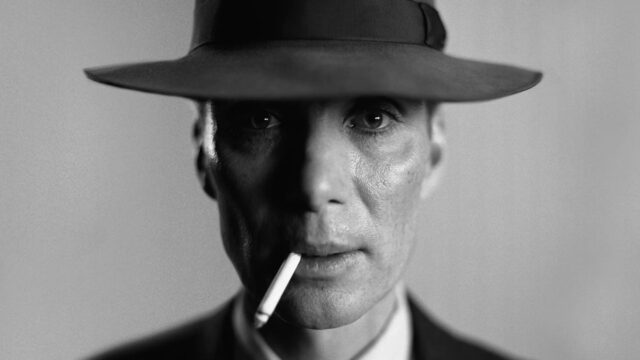

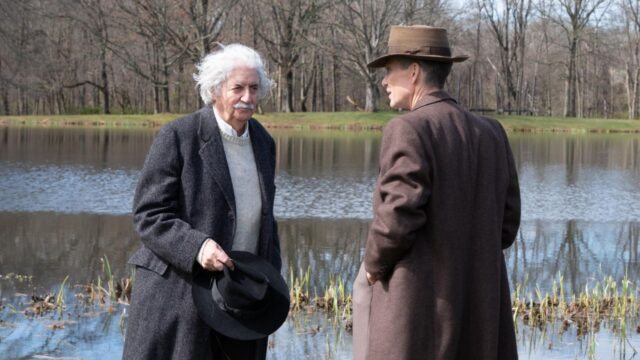
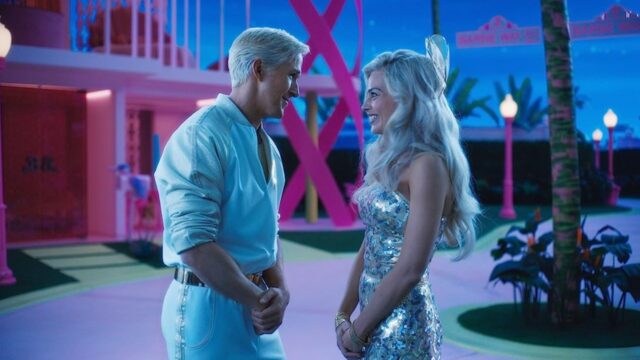
No Comments on Oppenheimer: Conversation Between Einstein and Oppenheimer Explained